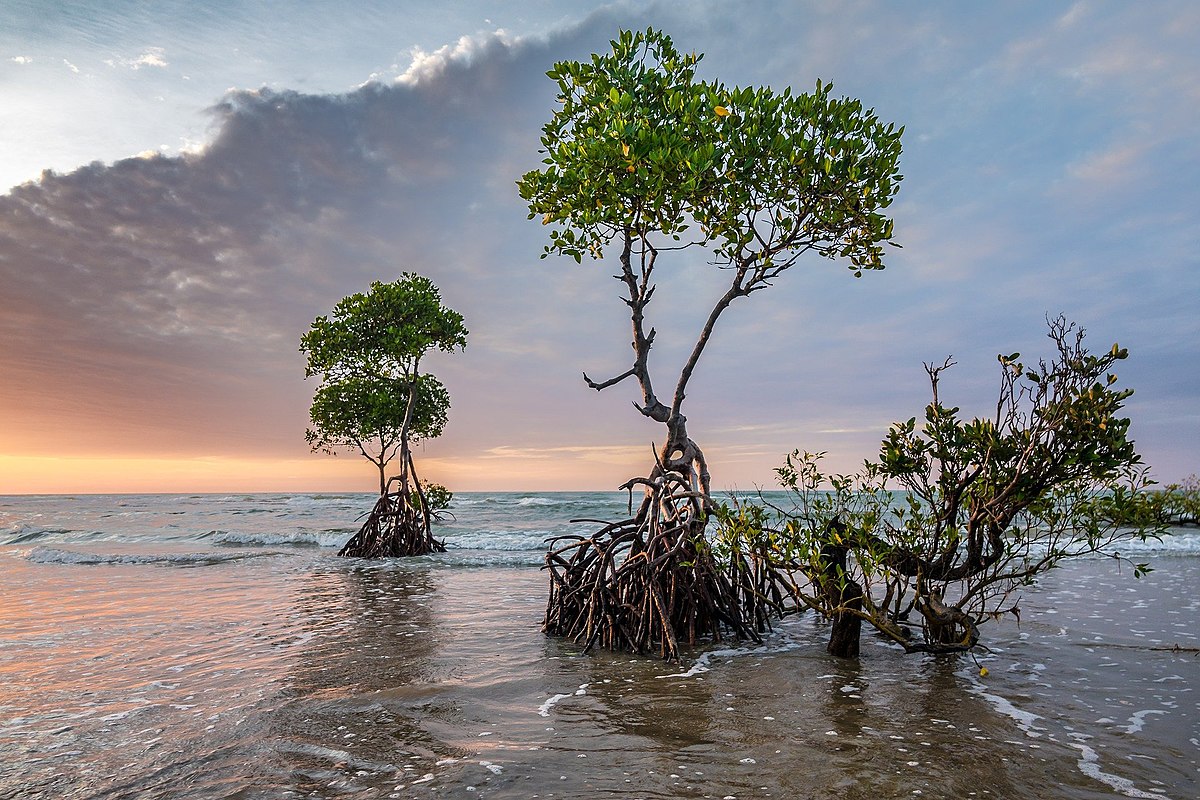Wondering what went right this week in the conservation world? We’ve got you covered with our Conservation Optimism Round-Up! We are collating stories of optimism from around the globe so that you never miss your dose of weekly motivation.
(Image Credit: Pat Josse / Wikimedia Commons)
1. South Africa: new Drakensberg nature reserve will protect ancient rock art, wildlife, livelihoods, grasslands and water
” The new Northern Drakensberg Nature Reserve is working with communities and will preserve ancient rock art, vital grasslands and water sources for millions of people. It connects a neighbouring world heritage site to another nature reserve, expanding a huge transnational protected area from South Africa to neighbouring Lesotho.”
A new #protectedarea in #SouthAfrica's #Drakensberg now conserves 6,500 hectares of #wetlands, #grasslands, and #biocultural sites, providing important habitat for numerous species!#nature #Africa #conservationoptimism #LetNatureThrive https://t.co/1ZOus4qzSN
— Global Conservation Solutions (@_GCS_) July 1, 2024
2. Iberian lynx no longer endangered after numbers improve in Spain and Portugal
” The change in status, announced on Thursday by the International Union for Conservation of Nature (ICUN), is the result of a two-decade-long effort from a coalition of partners including the EU and regional and national governments in Spain and Portugal, as well as wildlife NGOs and local people. “
The Iberian lynx has made a remarkable comeback! Less than 25 years after nearing extinction, it's now moved from "endangered" to "vulnerable" on the global red list. 🌿✨ #ConservationOptimism #IberianLynx #WildlifeRecoveryhttps://t.co/C3AqdIblKb
— SCB (@Society4ConBio) July 1, 2024
3. Rewilding sites have seen 400% increase in jobs since 2008, research finds
” The research found there has been a 412% increase in jobs at 13 major rewilding projects in Scotland, UK covering almost 60,000 hectares, including sites owned or managed by charities, communities, private landowners, and public bodies. “
"The opportunity is huge - for jobs and local economies, better health, food production, access to fresh water and clean air"https://t.co/tCutXgMR0l#rewilding #conservationoptimism
— Citizen Zoo (@CitizenZoo) June 29, 2024
4. School Coral Competition is a success at Seattle Aqaurium
“Through the School Coral Conservation Contest this year, over 300 students spread awareness to over 8,000 people in their local communities.”
A new #MPA in #Peru's Mar Tropical de Grau now conserves 446 square miles of #ocean, protecting #locallivelihoods and important #calving #habitat for the majestic #Humpback #Whale! 🐋#conservationoptimism #LetNatureThrives https://t.co/oXwHm8qczA pic.twitter.com/3yuIDbzWBa
— Global Conservation Solutions (@_GCS_) June 11, 2024
5. Shade cloth and poisonous dust: how the red-finned blue-eye was brought back from the brink
” Numbers of the Australian native fish have grown from 1,000 to 5,000 in eight years, and Queensland has now declared its habitat a special wildlife reserve”
Thanks to #conservation efforts, the #Red-finned #Blue-eye populations are increasing in #Australia's #freshwater #springs!#fish #speciesrecovery #speciesreintroduction #rewildling #rewild #conservationoptimism #LetNatureThrive https://t.co/0I09x3rRh7
— Global Conservation Solutions (@_GCS_) June 24, 2024
6. Turning Brownfields to Blooming Meadows, With the Help of Fungi
” For more than 15 years, Danielle Stevenson, who holds a PhD in environmental toxicology from the University of California, Riverside, has been pioneering a nature-based technique for restoring contaminated land, using fungi and native plants to break down toxins like petroleum, plastics, and pesticides into less toxic chemicals.”
A nature based pollution solution is my news to me good news for Jun 30 #EarthOptimism https://t.co/DSnEBtCnqY
— Dr. Nancy Knowlton (@SeaCitizens) June 30, 2024
7. A Brazilian city restores its mangroves to protect against climate change
” A broad coalition of organizations is working to conserve and restore mangroves in the Greater Florianópolis area on Brazil’s southern Atlantic coast. Mangroves are critical tropical ecosystems that dampen coastal erosion, serve as nurseries for aquatic species, and store more carbon per hectare than terrestrial forests. These properties make mangroves a key part of coastal cities’ strategies to mitigate climate change and adapt to its consequences, such as rising sea levels. “
Thanks to #conservation efforts, #mangroves are being restored along the #Atlantic Coast, #Brazil, providing #ecosystemservices like flood and erosion mitigation, as well as important habitat for many species!#conservationoptimism #LetNatureThrive https://t.co/lL4vqRdvk9
— Global Conservation Solutions (@_GCS_) June 30, 2024
Have a story to share for our weekly round-up? Use #ConservationOptimism on Twitter, Facebook, LinkedIn and Instagram!


